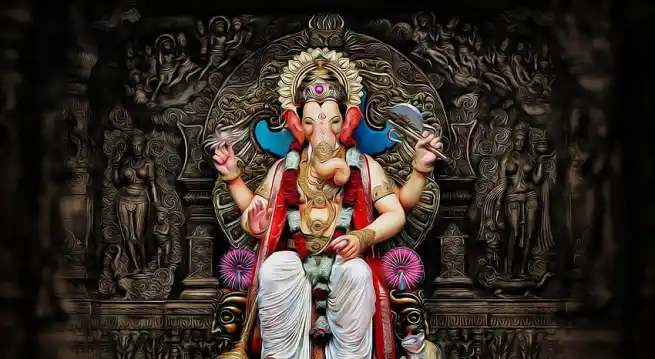Mandu Lohani Cave – Madhya Pradesh

Address
Mandu Lohani Cave – Madhya Pradesh
Mandu, Dhar Tehsil,
Dhar District,
Madhya Pradesh 454010
Moolavar
Lord Shiva
Introduction
The Lohani Caves, located near Mandu Historical Site in Mandu Town, Dhar Tehsil, Dhar District, Madhya Pradesh, India, are historically and culturally significant rock-cut cave temples dedicated to Lord Shiva.The Lohani Caves are situated on the route from Mandu village to the Royal Enclave in Mandu Town.The cave temple is dedicated to Lord Shiva, one of the principal deities in Hinduism. It likely serves as a place of worship and reverence for devotees of Lord Shiva.The Archaeological Survey of India (ASI) has designated the Lohani Caves as a “Monument of National Importance.”The caves are located approximately 22 kilometers from Sirsodiya, off the Dhar to Gajipura route, making them accessible to visitors who wish to explore the site.
Puranic Significance
It is believed that the Lohani Caves were excavated between the 11th and 12th centuries CE. These caves date back to the medieval period, which is a significant historical context.The Lohani Caves are described as relatively simple excavations without elaborate carvings or inscriptions indicating the date of their creation. However, archaeological studies have revealed the presence of statues and carvings depicting deities such as Shiva, Parvati, Vishnu, and Lakshmi.The presence of these statues and carvings suggests that the caves may have served as monasteries, possibly belonging to the Shaivism tradition. Shaiva Yogis may have resided in these caves in ancient times.
In front of the caves, there is a rock-cut cistern, indicating the presence of a water source that could have been used by the residents of the caves.Approximately 80 images found in the caves have been transferred to the local museum located in the dharmashala of Hoshang Shah’s Tomb, preserving these historical artifacts.It is noted that a temple dedicated to Lord Shiva existed near the caves at one point in history. Unfortunately, during the period of Muslim rule, the temple was destroyed, and the materials from the temple were repurposed in the construction of other buildings.To the south of the caves, there is a monolithic pillar, approximately 5 meters in height. This pillar is considered a remnant of the ancient temple, serving as a tangible link to the history of the site.
Century/Period
11th and 12th century CE
Managed By
Archaeological Survey of India (ASI)
Nearest Bus Station
Mandav
Nearest Railway Station
Mhow Station
Nearest Airport
Indore









